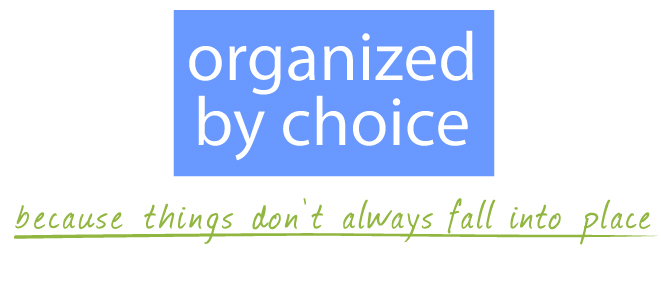Given my bent toward organizing, which requires change, I’m a little more comfortable with change than some of my family members. Awhile back I suggested the idea of changing where we store our dinnerware and glasses. When meal prep and table setting, or dishwasher emptying happen at the same time, we were in each other’s way. Despite my rational explanation, I was met with resistance. It’s funny how instead of changing, we tend to stay with what’s comfortable. Even if it’s not.
A couple Sundays ago, I overruled the opposition and announced I was going to do an experiment. I would change where we store our dinnerware and we’d test it out for the month of October. The response was minimal, thanks to football being on TV.
I headed into the kitchen to make the swap. The cabinet closest to the dinner table stored vitamins, meds, and some snack foods. That became my target since we wouldn’t need access to these during meal prep. The medicine and dinnerware cabinets weren’t exactly the same size, so I soon realized this was going to effect more than just two cabinets. In fact, I got a little carried away and ended up working on eight cabinets and a drawer.
As I purged and organized, I rehearsed these Timely Tip Questions that I often ask my clients. Most fit with any area of organizing and dramatically increase efficiency and accessibility.
Timely Tips for positive change
1. Do you need as many as you have? Unlike prior years, I tend to use disposable plates, and cups I can write names on when serving large groups. I chose not to get rid of my extra dishes and glasses, but I put them up high in another cabinet and kept only what we need for everyday use in the accessible cabinet.
2. Is the shelving positioned for maximum use? Adjusting the shelves made all the difference for fitting the dinnerware and glasses into the new cabinet. I lowered the top two shelves creating a narrow one in the middle for bowls and making the glasses easy to reach.
3. Are you keeping like things together? Sometimes “keeping like things together” can mean different things. I had been keeping my mugs with dinnerware and glasses. Now I have them near the coffee supplies and Keurig, also “like things” and more convenient.
4. Can it be containerized more efficiently? I replaced the two-level turn table with a small bin for my husband’s meds and a larger one for allergy/cold medicine, pain killers, etc. I used a handled bin so it could be easily retrieved from the inside corner of the cabinet.
5. Is it expired? I’m always surprised how many medications have expired when I go through them.
6. Does this fit your current needs and lifestyle? I’m not making bread anymore so the bread slicer—gone. Farm animals haven’t been my kitchen theme for years, so cow salt and pepper shakers—gone.
7. Is it earning it’s keep? Sorry, salad spinner, I’m back to drying lettuce by hand.
8. Is it worth the space it’s taking? I liked my Christmas pedestal cake stand, but it took too much valuable space for the amount of pleasure and use it provided.
9. Can it be repurposed? The container of grandkids’ cups had more than needed. Since many first belonged to my own kids (I’m a little sentimental), I decided to repurpose them to the patio for the grandkids to use when they make mud pies. That way I can still see them sometimes.
10. Have you ever used it? Silicone lids seemed like a good idea at the time, but nope, never used them—out they went.
11. Did you buy a replacement, but keep the original? When my travel cups leaked, I purchased new ones. The old went to a high shelf as back-ups, but were never used. Good-bye!
Everything that was usable, was donated to one of my favorite non-profit Thrift Stores-- Thrift on Blackstone. Win for me and win for them!
Is there an area in your home that causes you frustration? If nothing changes, nothing changes. Use the above questions to guide your organizing process. Yes, it will get messier before it gets better, but “everything is hard before it is easy.”
Wise Words
“Everything is hard before it is easy.” –Goethe
Postscript— Habits are hard to break. Once we quit opening the wrong cabinets before finding what we need, I’m confident that we’ll feel pleased with the benefits. Which is a good thing because come November, it’s not going back the way it was. But don’t tell them!

